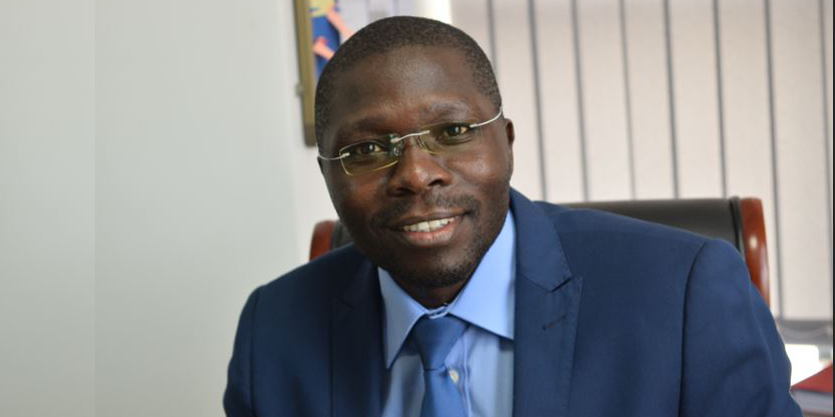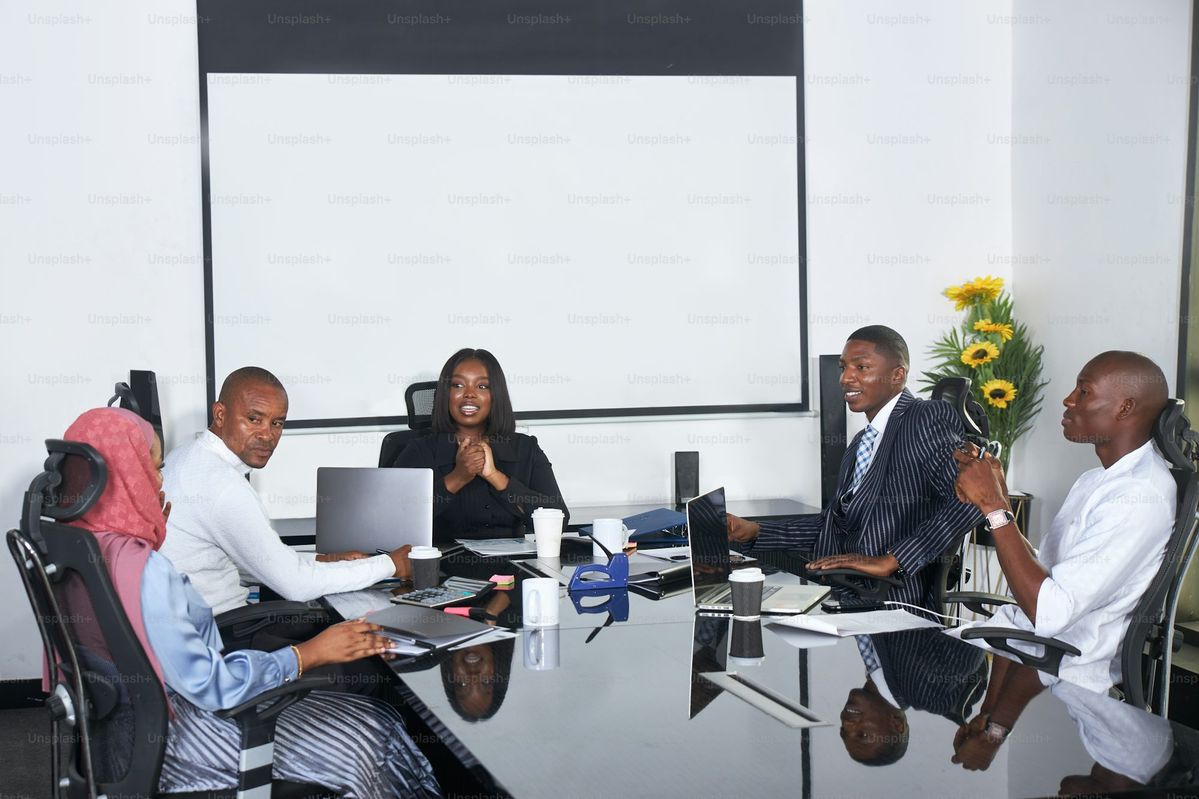A: In life, you have to find your forte. But also which side do you want to be remembered for or where do you add most impact. When it comes to fraud, you are more or less being reactive. Something wrong has already taken place. You want to find out who did it. You step on so many toes in the process.
After so many years of investigation and working with law enforcement bodies and lawyers, I have realised that investigations bring misery to people. Is that a good thing? But also, the victims have reasons as to why they did it. May be the kid was sick, he needed to pay rent or fees. “I had to find a way of fixing that.” They are using a lot of failing points to show you that they had to commit a fraud. And most of them are genuine. Fraud examiners call that line of thinking rationalization.
To make more impact and improve people’s lives, the first thing to do is help them put money on the table. That is what strategy is all about – empowering people on to you bring money on the table
Unlike most developed countries, in Uganda and other many developing countries, people steal out of need. In the developed world people steal to prove governance systems are not working. However, people commit fraud because money isn’t on the table.
To make more impact and improve people’s lives, the first thing to do is help them put money on the table. That is what strategy is all about – empowering people on to you bring money on the table. How to grow the business.
What choices do you need to make now to enjoy life in 10 years’ time from now? If target is say be a recognised author, an entrepreneur and a thought leader, what do you need to begin doing now to achieve that success you have defined?
These kind of choices you make are very important. That is what strategy is about – empowering people to think big.
Instead of coming to find out what people have done wrong, it is important to empower them explore their opportunities around, tape them to achieve the kind of life they always dreamed of.









